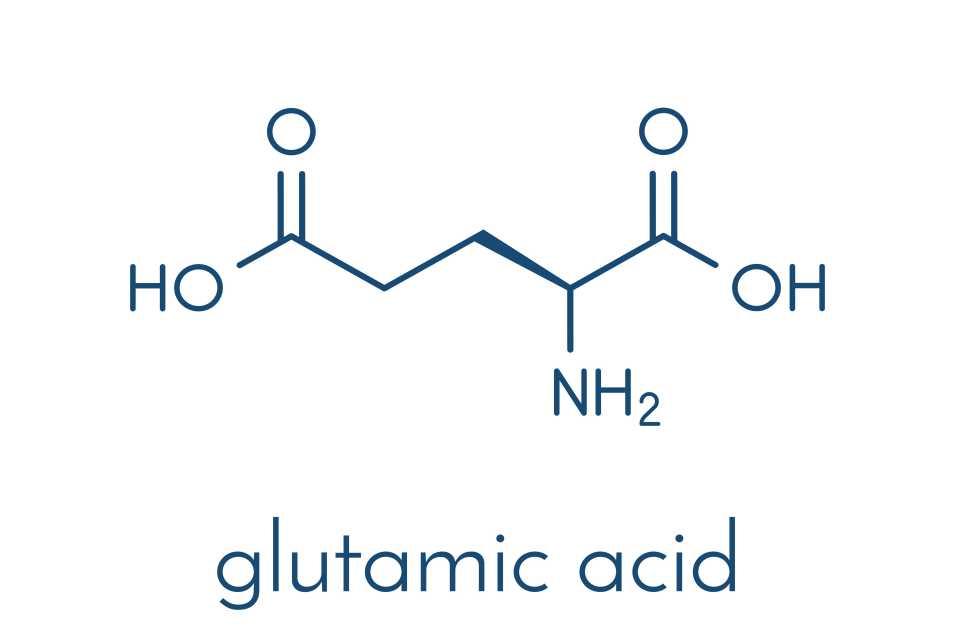A drug-assisted treatment for depression and other mental illnesses, ketamine therapy is Although this therapy offers possible advantages, not everyone is fit for it.
So, who is not a good candidate for ketamine therapy?
- Because of their danger of relapse, those with a past of drug dependence are recommended against ketamine therapy.
- Those with cardiovascular issues, such as uncontrolled hypertension or acute cardiovascular disease, may experience adverse effects on their heart health during ketamine treatment.
- Ketamine can have a negative interaction with a number of drugs, including monoamine oxidase inhibitors (MAOIs), which can increase the risk of side effects.
- Ketamine may harm liver, kidney, and bladder disorders, thus anyone with these ailments should avoid it.
- Allergies to ketamine can lead to severe allergic reactions, making it unsafe for individuals with such allergies to undergo this therapy.
- Ketamine treatment is contraindicated for pregnant women due to the possible hazards it may provide to the embryonic and fetal development.
- Those with a history of psychosis or schizophrenia might also not be appropriate candidates since ketamine can occasionally aggravate these disorders.
- Usually not advised for this treatment are those under the age of eighteen since the long-term consequences on their developing brains have not yet been thoroughly investigated.
Potential Ketamine Therapy Side Effects
Ketamine treatment may cause confusion, impaired vision, raised blood pressure, and changes in perception among other side effects. For persons with some mental health disorders or those who already run a risk for cardiovascular problems, these side effects can be alarming.
Many typically observed negative effects could include nausea, vertigo, and a detached or separation from the physical self. Usually transitory, these effects go away soon after the infusion.
Related Article: Is Ketamine Addictive When Used for Depression?
Alternatives to Ketamine Treatments
For those not qualified candidates for ketamine treatment, other therapeutic choices abound. Many mental health disorders can be treated successfully with psychotherapy including cognitive-behavioral therapy (CBT). One could also take consideration medication-based strategies such selective serotonin reuptake inhibitors (SSRIs).
Remember that mental health treatment is quite customized; what helps one person might not help another. See a qualified medical professional to determine the best treatment plan for your particular needs and situation.
Related Article: Ketamine Assisted Therapy
